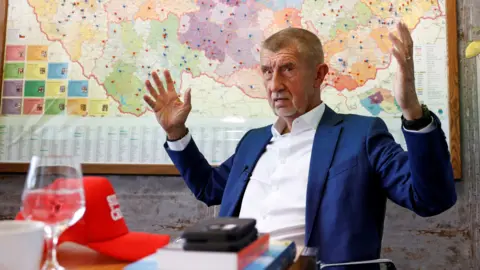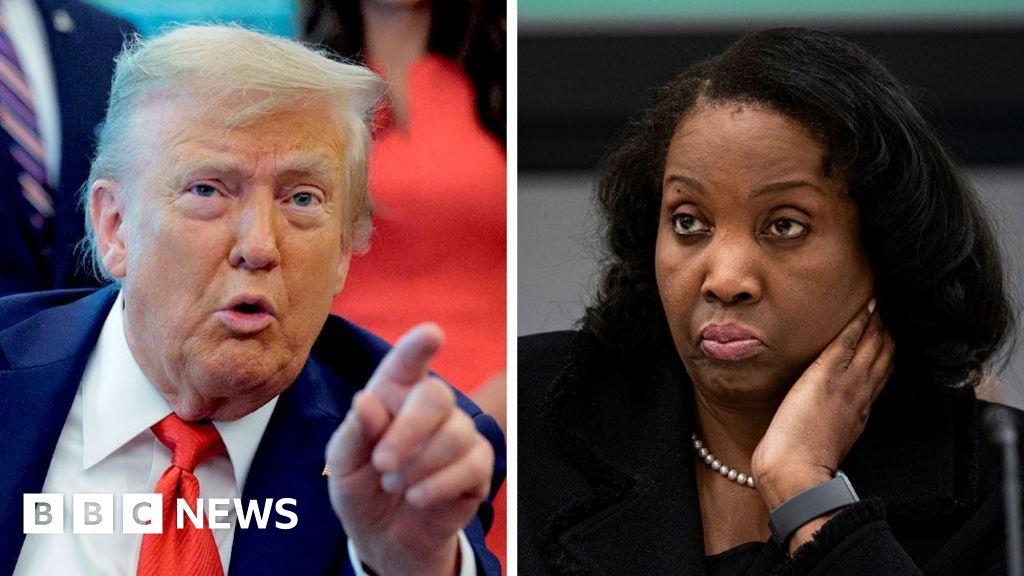Cuba's recently resurgent economic crisis has drawn international attention, yet a tumultuous political episode has emerged with the resignation of Labour and Social Security Minister Marta Elena Feitó-Cabrera. Her comments during a parliamentary session, in which she claimed there were no beggars on the island and suggested those rummaging through garbage were merely seeking “easy money,” have ignited widespread backlash from both the citizens and leadership.
The scenario unfolded earlier this week when Feitó-Cabrera, addressing the National Assembly, asserted that individuals engaging in what appeared to be begging were instead fraudulently posing to exploit others. This sentiment did not sit well, as reality on the ground presents a different picture, with humanitarian challenges deepening due to worsening food shortages and the visible presence of desperate individuals.
Why did her comments provoke such outrage? The Cuban populace, grappling with rising poverty levels and scarcity, felt the minister's remarks underscored a profound disconnection and insensitivity to their hardships, shaping perceptions of authoritarian governance. Activists and intellectuals quickly condemned her statements, deeming them insulting, leading to a collective call for accountability. Criticism burgeoned alongside evidence of escalating challenges faced by everyday Cubans, with economist Pedro Monreal reflecting widespread sentiment on social media.
President Miguel Díaz-Canel also weighed in during the parliamentary session, emphasizing the leadership's need to remain in touch with the realities of citizens’ lives. Even though he refrained from naming Feitó-Cabrera, the undertone of dissatisfaction with her leadership was unmistakable. Shortly thereafter, her resignation was formally acknowledged by the Cuban Communist Party and government officials.
Despite the absence of official statistics on begging, numerous eyewitness accounts affirm the increasing visibility of individuals in dire situations, revealing a stark contrast between governmental narratives and the lived experiences of Cubans in today's economy. The recent resignation further illustrates the complex interplay between politics, social welfare, and public perception in a nation that is at a critical juncture in its historical trajectory.
As Cuba seeks assistance from international bodies like the UN to navigate the escalating food crisis and power shortages, questions linger about the responsiveness of the political system to the needs of its people, challenging the narrative of prosperity that some officials attempt to project amidst undeniable strife.




















